How to Form Mixed Conditionals

You may already know how to form the zero, first, second and third conditional structures in English, but do you know how to form mixed conditionals? Mixed conditionals are formed when we mix elements from two different types of conditionals. Conditionals always consist of a condition and a result. In a mixed conditional, the condition clause and the result clause come from different types of conditionals.
For an introduction to the topic of conditionals, you can find our useful blog post all about how to form conditional sentences right here.
In today’s blog post, we’ll look at the two most common types of mixed conditional. These are second with third (a past result based on present truth or fact) and third with second (a past condition with a result in the present).
Let’s begin by reviewing the structure of the second and third conditionals, and then look at how to mix them.
Second conditional
The second conditional is used to talk about imaginary present situations with a result in the present or future.
If + subject + past simple, subject + would + verb
Examples:
If I had extra money, I would buy another house.
If I knew the answer, I would tell you.
If I didn’t have to work this afternoon, I would come with you to the beach.
Third conditional
The third conditional is used to talk about an imaginary past situation and its result in the past.
If + subject + past perfect (had + past participle), subject + would + have + past participle
Examples:
If I had known about the meeting, I would have been present.
If I had left earlier, I wouldn’t have missed my flight.
Mixed conditionals
To talk about an imaginary present situation and its imaginary result in the past
If + subject + past verb, subject + would/could/might + have + past participle verb.
With this mixed conditional we are talking about an imaginary past result based on a present unreal situation. Let’s look at some examples of this.
If I didn’t have a fear of spiders, I would have picked it up.
The reality is that I am scared of spiders, so I didn’t pick it up. In my conditional sentence I am describing how things could have been different in the past based on a general truth or fact.
Let’s have a look at some more examples.
Remember, with conditionals we can begin with the if (condition) clause, or we can begin with the result clause. If we begin with the if clause, we need to use a comma. We don’t need to use a comma if we begin with the result clause.
If he had stronger arms, he could have lifted that weight.
He wasn’t able to lift the weight as his arms are not strong enough.
If I were a fan, I would have got concert tickets when they went on sale last month.
I am not a fan, so I didn’t buy tickets.
He would have eaten the cake if he wasn’t on a diet.
He is on a diet, so he didn’t eat the cake.
To talk about an imaginary past situation and its imaginary result in the present
If + subject + past perfect (had + past participle), subject + would/could/might + simple form verb
Here we are describing an imaginary past situation and its result or consequence in the present. If we had acted differently in the past, we would be in a different situation right now, in the present.
If we had left earlier, we would be there by now.
The reality is we didn’t leave earlier, so we are not there yet.
Let’s have a look at some more examples.
If you had behaved yourself in class, you wouldn’t be sitting in detention right now.
The child behaved badly in the past, and is experiencing a consequence in the present.
We would be enjoying a wonderful meal if we had remembered to buy the ingredients.
We forgot to buy the ingredients, so we are not currently eating a nice meal.
She would be relaxing in front of the TV if she hadn’t procrastinated so much and had finished her work on time.
She procrastinated and hasn’t finished her work yet, so she is still working rather than relaxing in front of the TV.
I hope you found this bitesize grammar blog post useful! Post some example sentences using mixed conditionals in the comments and an Intrepid English Teacher will get back to you.
Intrepid English Members can practise conditionals in more detail with our extensive online Conditionals course packed full of grammar explanations, downloadable pdfs, video lessons, quizzes and practice activities.
Not an Intrepid English Member yet? Memberships start from as little as £29/month and include access to all of our online courses, plus one-to-one lessons with an Intrepid English Teacher.
This content was written and recorded by Intrepid English Teacher Kate B.

You can find out more about Kate B on her Intrepid English Teacher Profile Page.
Book a free trial lesson today to discuss this topic in more detail, and talk about your English learning goals with an experienced and friendly English teacher.
If you have any questions, or you would like to request a topic for a future blog, you can contact us using the chat box, send us an email, or even drop us a message on any of our social media channels.
Thanks for subscribing to our newsletter!
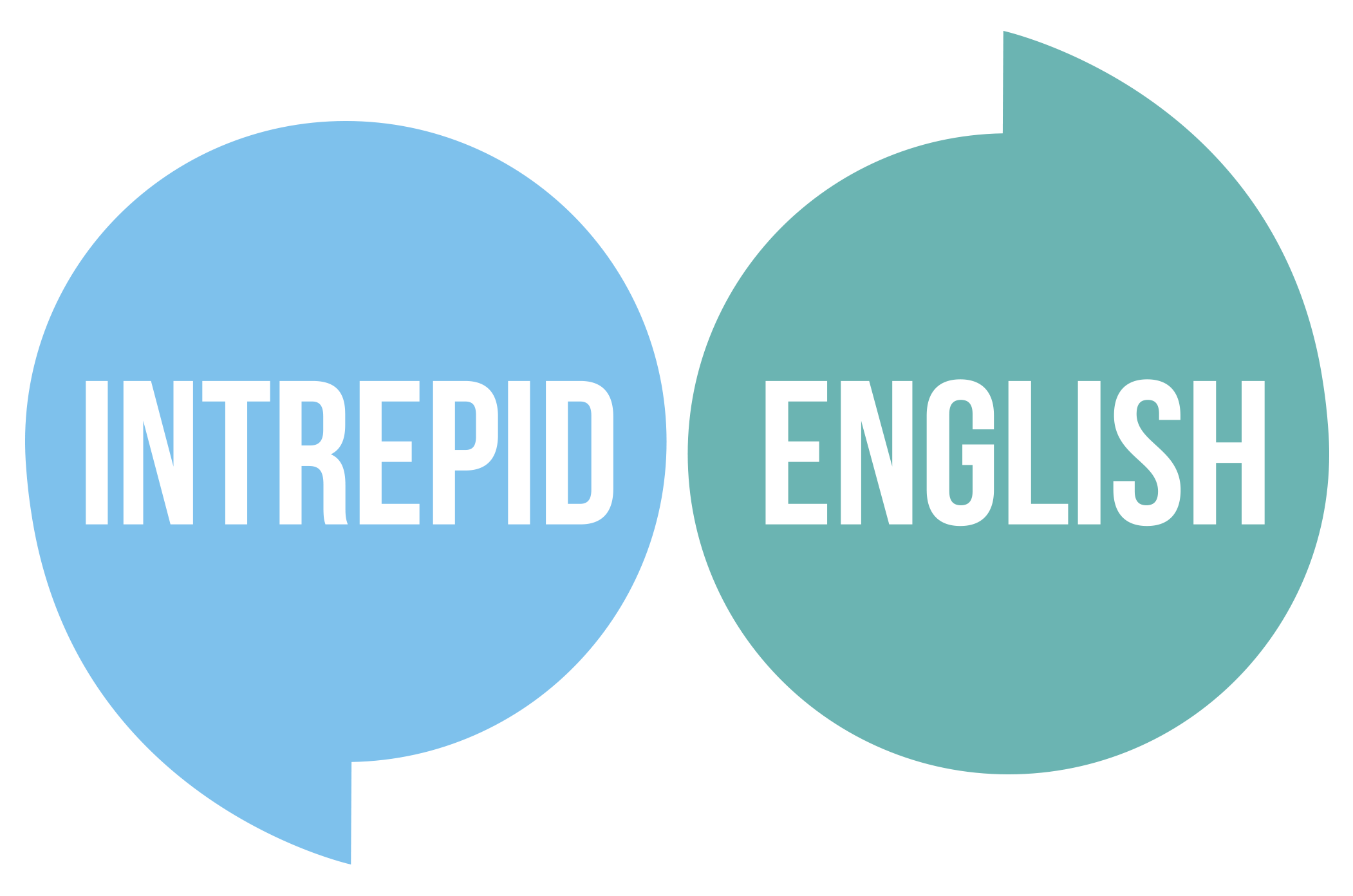
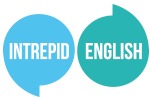
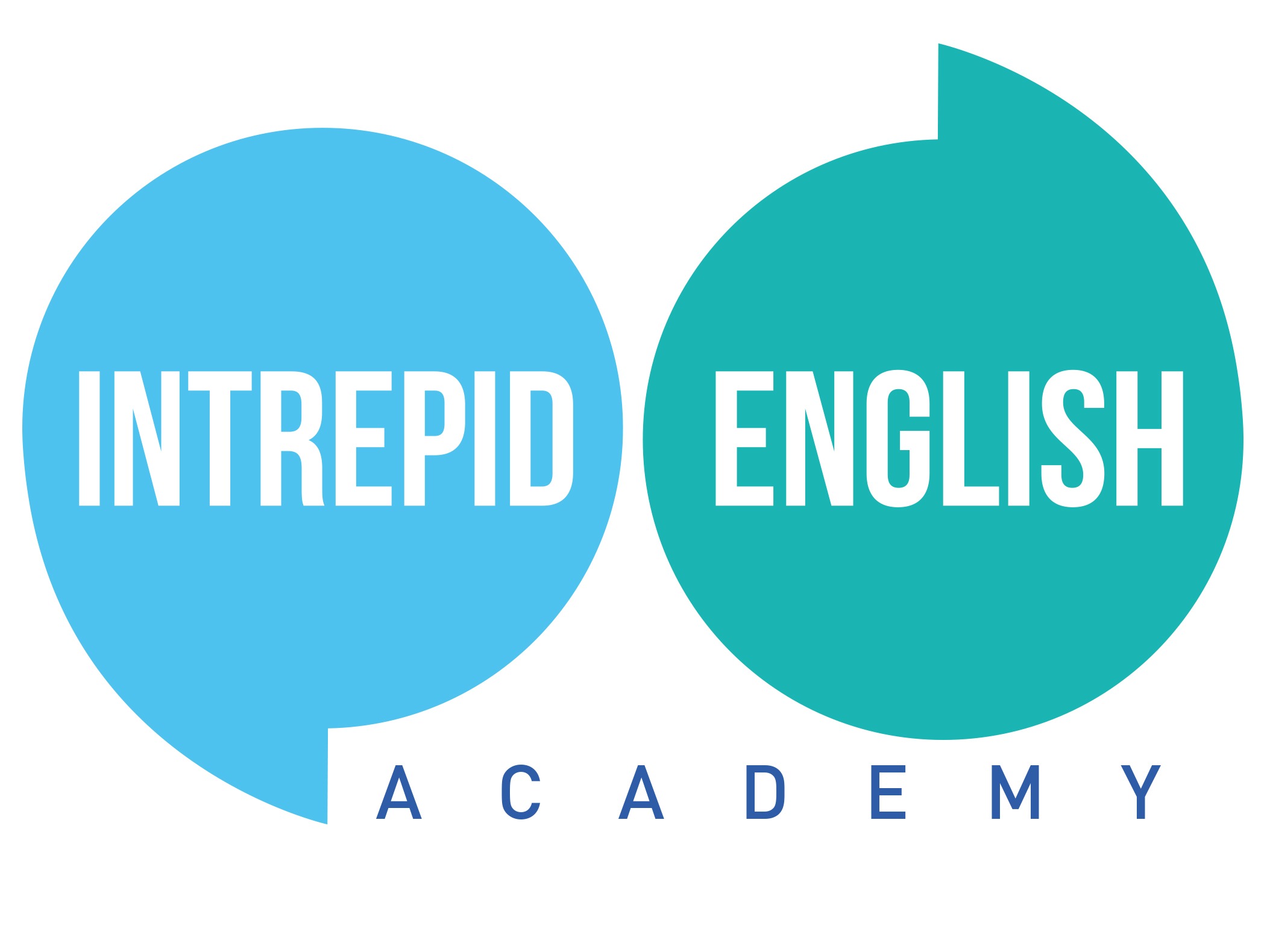

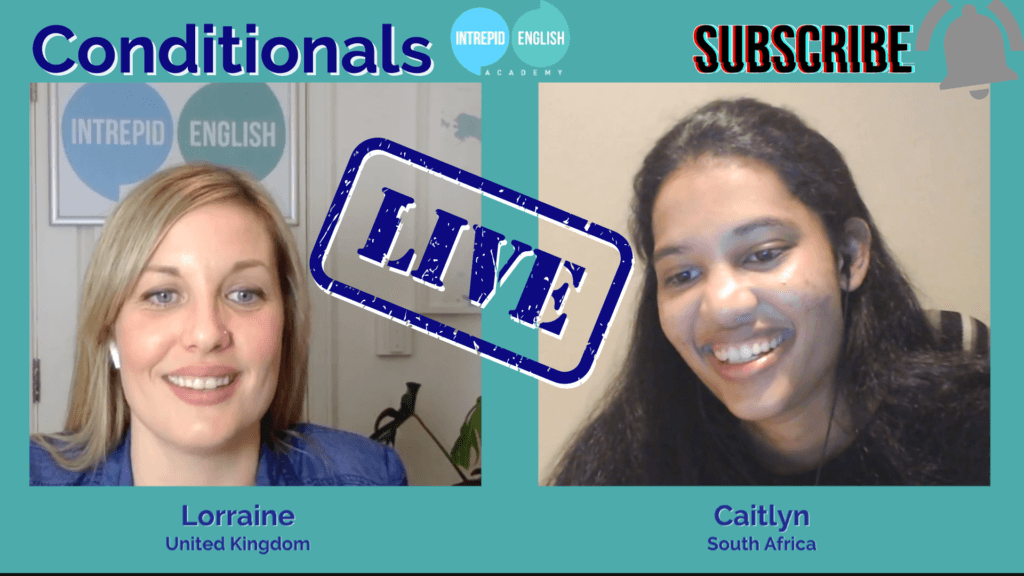

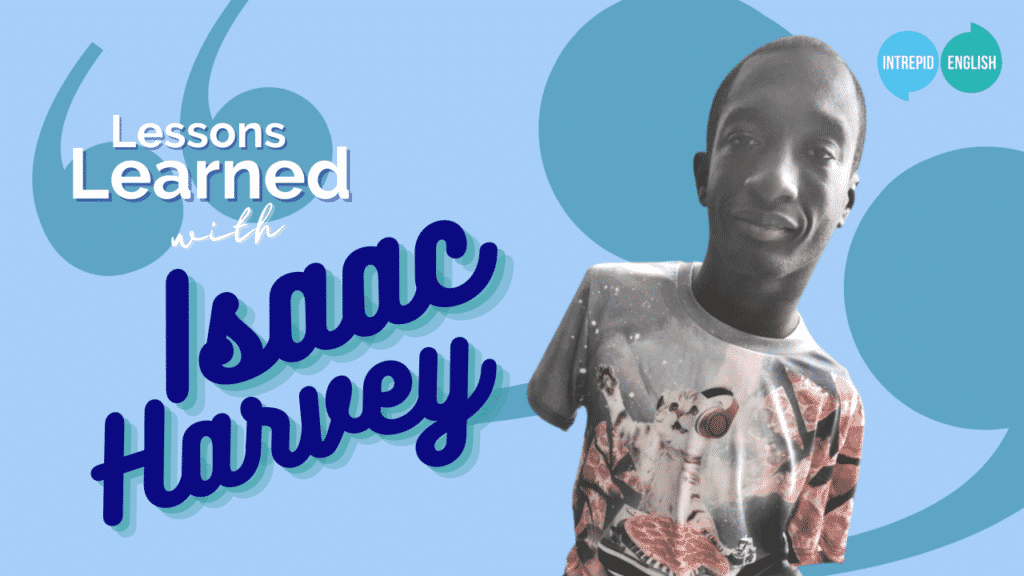
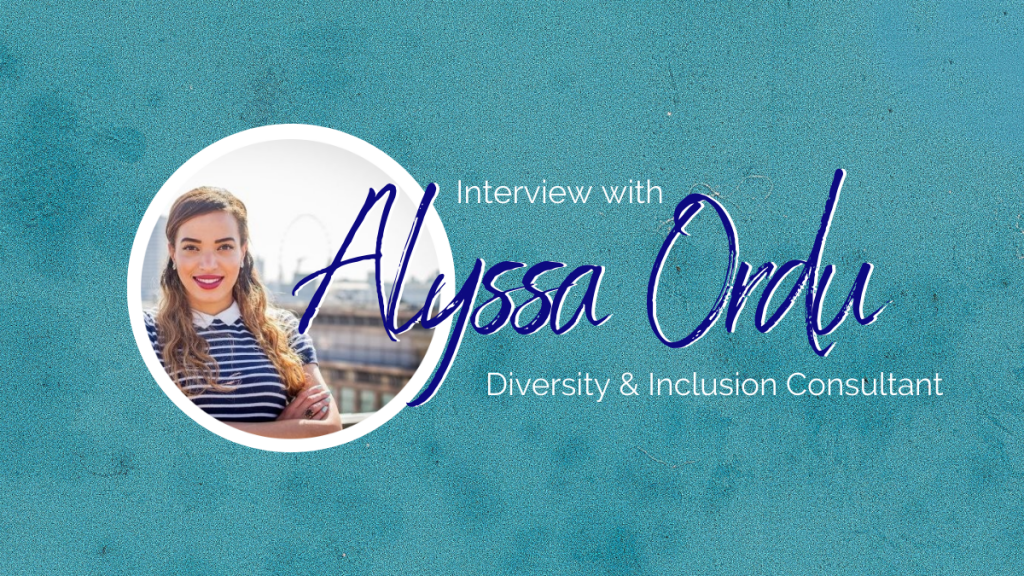
Responses